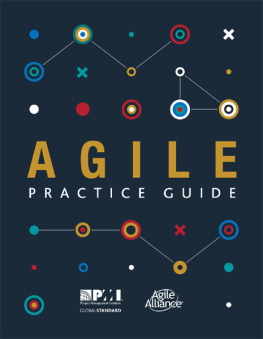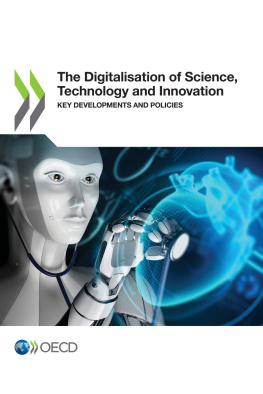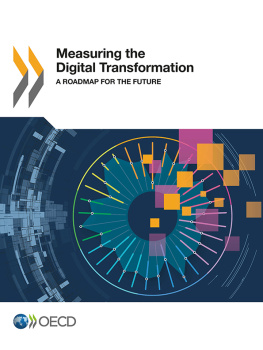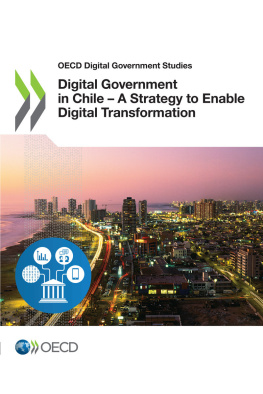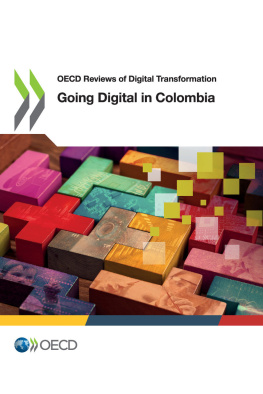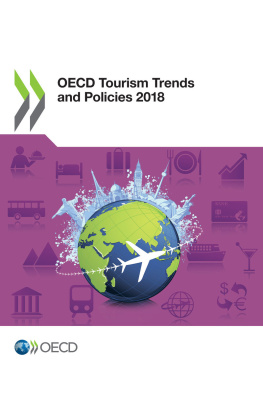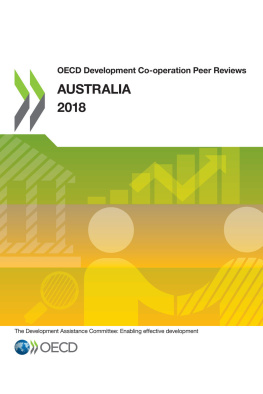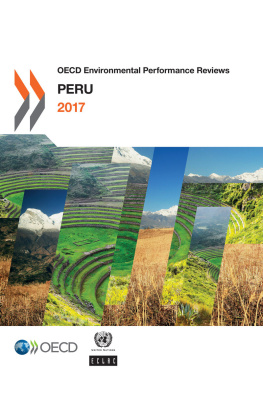coll. - OECD Science, Technology and Industry Scoreboard 2017 : the digital transformation
Here you can read online coll. - OECD Science, Technology and Industry Scoreboard 2017 : the digital transformation full text of the book (entire story) in english for free. Download pdf and epub, get meaning, cover and reviews about this ebook. year: 2017, publisher: OECD 2017., genre: Politics. Description of the work, (preface) as well as reviews are available. Best literature library LitArk.com created for fans of good reading and offers a wide selection of genres:
Romance novel
Science fiction
Adventure
Detective
Science
History
Home and family
Prose
Art
Politics
Computer
Non-fiction
Religion
Business
Children
Humor
Choose a favorite category and find really read worthwhile books. Enjoy immersion in the world of imagination, feel the emotions of the characters or learn something new for yourself, make an fascinating discovery.

OECD Science, Technology and Industry Scoreboard 2017 : the digital transformation: summary, description and annotation
We offer to read an annotation, description, summary or preface (depends on what the author of the book "OECD Science, Technology and Industry Scoreboard 2017 : the digital transformation" wrote himself). If you haven't found the necessary information about the book — write in the comments, we will try to find it.
OECD Science, Technology and Industry Scoreboard 2017 : the digital transformation — read online for free the complete book (whole text) full work
Below is the text of the book, divided by pages. System saving the place of the last page read, allows you to conveniently read the book "OECD Science, Technology and Industry Scoreboard 2017 : the digital transformation" online for free, without having to search again every time where you left off. Put a bookmark, and you can go to the page where you finished reading at any time.
Font size:
Interval:
Bookmark:
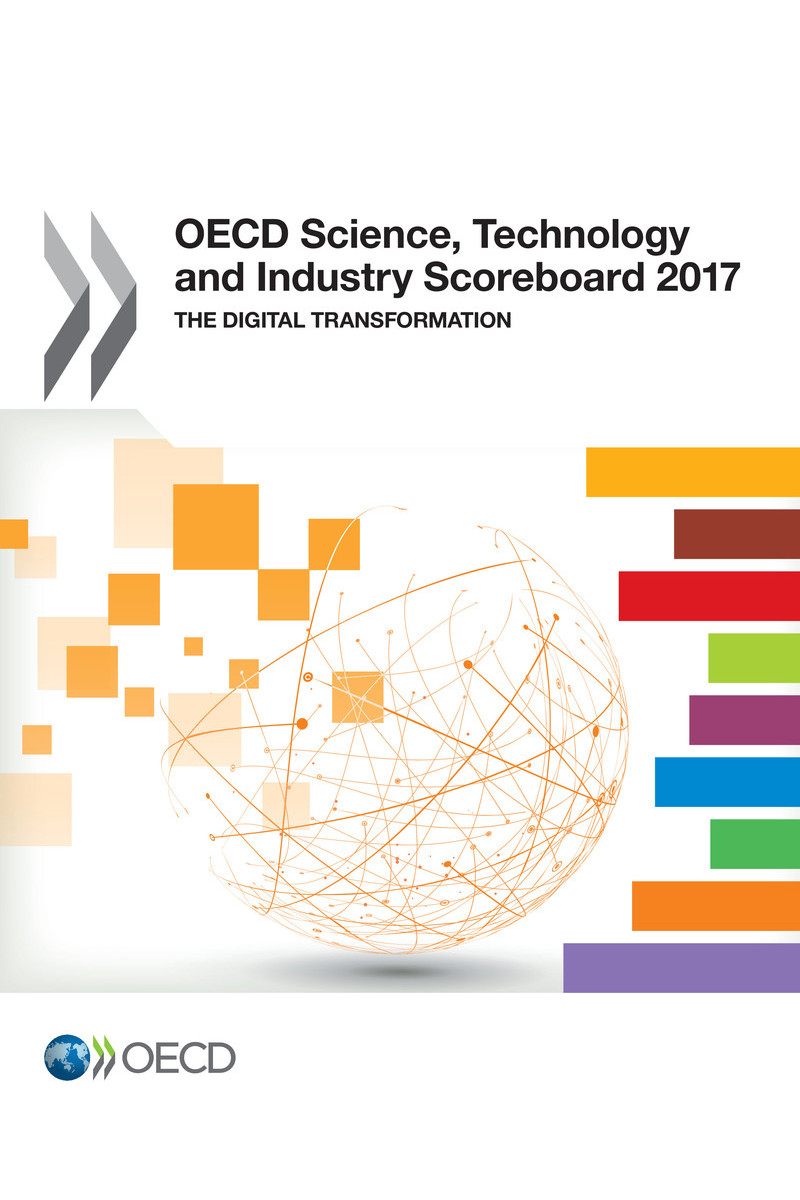
OECD (2017), OECD Science, Technology and Industry Scoreboard 2017: The digital transformation, OECD Publishing, Paris, http://dx.doi.org/10.1787/9789264268821-en.

The OECD Science, Technology and Industry Scoreboard 2017 draws on the latest internationally comparable data to uncover the strengths of the OECD and other leading economies, and shows how the digital transformation is affecting science, innovation, the economy, and the way people work and live. It aims to help governments design more effective science, innovation and industry policies in the fast-changing digital era.
It features indicators traditionally used to monitor developments in science, technology, innovation and industry, and complements them with new and experimental indicators that provide new insights into areas of policy interest.
The aim of the STI Scoreboard is not to rank countries or develop composite indicators. Instead, its objective is to provide policy makers and analysts with the means to compare economies with others of a similar size or with a similar structure and to monitor progress towards desired national or supranational policy goals. It draws on OECD efforts to build data infrastructure to link actors, outcomes and impacts, and highlights the potential and limits of certain metrics, as well as indicating directions for further work.
Indicators are pointers; they do not address causal relationships. Moreover, the validity of a set of indicators depends on its use. The selected indicators have been developed with the following criteria in mind:
Indicators should be based on high-quality statistics and robust analytical principles and be measurable internationally, over time and with prospects of improvement.
Indicators should be relevant, particularly for decision makers.
Experimental indicators that complement more established ones should bring new perspectives and advance the measurement agenda. They should help to stimulate policy debates and uncover new dynamics.
The first chapter, Knowledge economies and the digital transformation , provides a broad overview. Trends in science, innovation and growth are presented in the context of todays fast-changing digital technology landscape. , Innovation today: Taking action, offers evidence in support of actions to address digital divides and foster innovation and entrepreneurship.
Five thematic chapters focus on key areas of policy interest:
Knowledge, talent and skills examines the knowledge assets that many firms and governments view as current and future sources of long-term sustainable growth. It provides metrics of knowledge-based capital, such as formal and on-the-job training and organisational assets, both in the market and non-market sector. Skills required for the new working environment shaped by ICTs, as well as returns to ICT skills, are analysed through a new set of indicators.
Research excellence and collaboration helps to inform the policy debate with a set of metrics on the variety and nature of mechanisms for knowledge diffusion in the age of digitalisation. It points to the research performance of countries that follow different paths of scientific specialisation, the international mobility of highly skilled individuals, innovation across borders and collaboration among firms in innovation processes.
Innovation in firms explores the dynamism of the business sector and framework conditions crucial for innovation. It examines sectoral R&D patterns and intellectual property bundles with a focus on firms joint use of ICT patents, trademarks and industrial designs to protect their innovations. Estimates of R&D tax incentives are combined with direct funding of R&D to provide a more complete picture of government efforts to promote business R&D, while innovation survey data allow an analysis of the participation of innovative firms in public procurement markets.
Leadership and competitiveness investigates how countries seek to build their competitive strengths and the extent to which economies are successful in integrating and specialising along global value chains. It assesses indicators on R&D specialisation, technological advantages and relative strengths, and e-business uptake in firms and sectors together with start-up dynamics in ICT sectors vis--vis the rest of the economy. Indicators building on the OECD-WTO Trade in Value Added (TiVA) database shed light on economies participation in global trade and value chains, and the implications for jobs and consumers everywhere.
Society and the digital transformation uses metrics that focus on digital inclusiveness to help inform the policy debate. A set of key indicators is used to examine individuals access to and use of technologies from an early age, the level of sophistication of users, and their role as e-consumers and e-citizens. Finally, a series of indicators on trust shed some light on firms and individuals security and privacy concerns in an increasingly digitised world.
Font size:
Interval:
Bookmark:
Similar books «OECD Science, Technology and Industry Scoreboard 2017 : the digital transformation»
Look at similar books to OECD Science, Technology and Industry Scoreboard 2017 : the digital transformation. We have selected literature similar in name and meaning in the hope of providing readers with more options to find new, interesting, not yet read works.
Discussion, reviews of the book OECD Science, Technology and Industry Scoreboard 2017 : the digital transformation and just readers' own opinions. Leave your comments, write what you think about the work, its meaning or the main characters. Specify what exactly you liked and what you didn't like, and why you think so.






